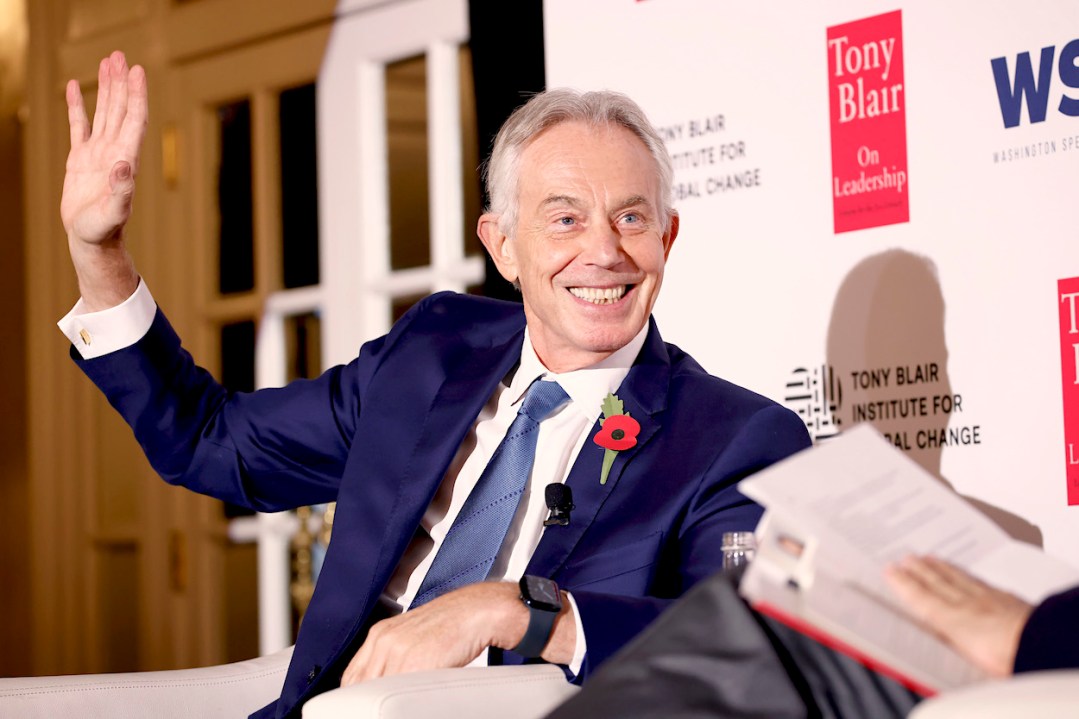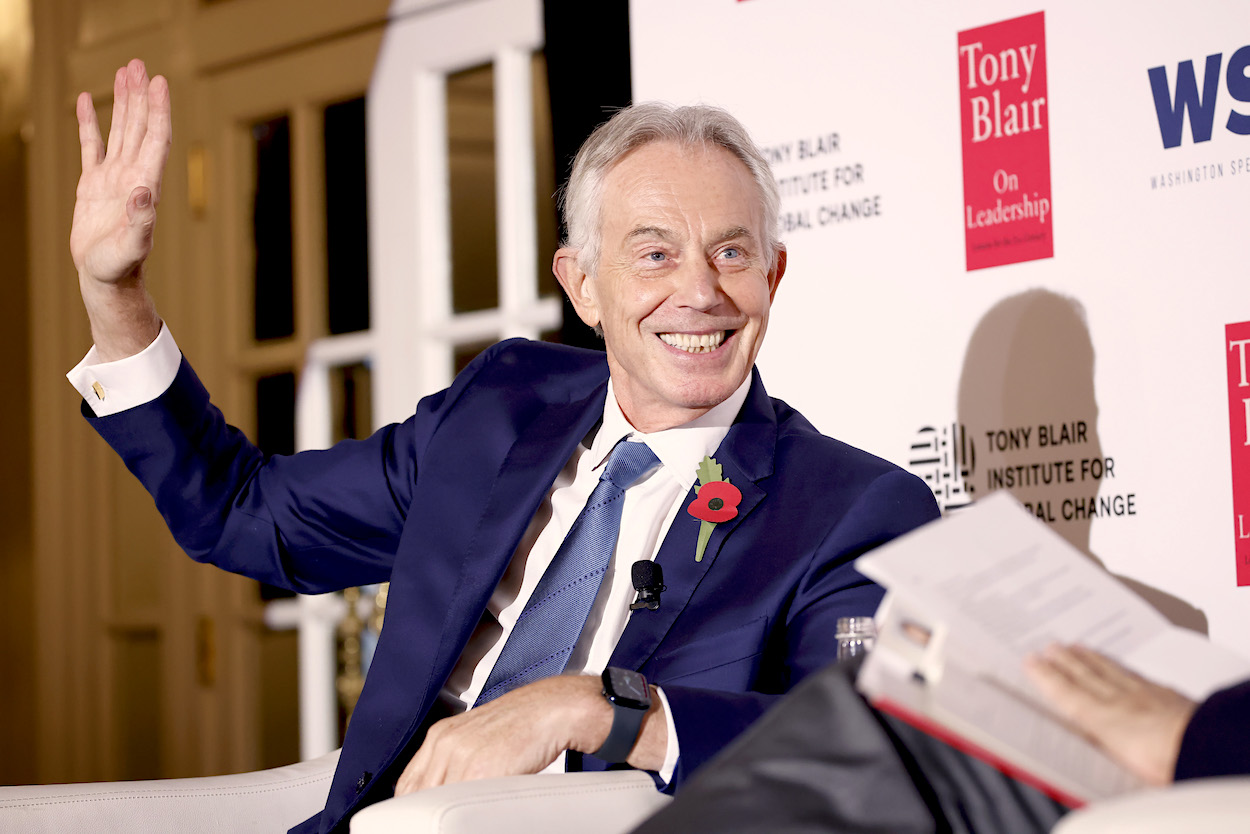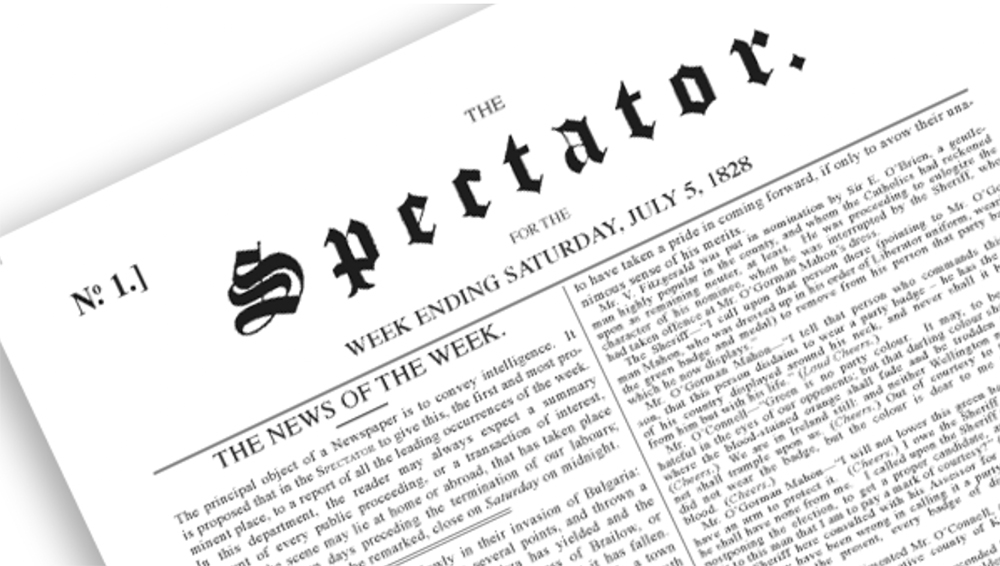Tony Blair is a man for all seasons, a political operator who knows precisely on which side his bread is buttered, the side of the super-rich oil and gas sheikhs and the well-connected elites of the Middle East. It is no coincidence, then, that his name has emerged as a potential candidate for a role envisioned by President Donald Trump’s administration: effectively serving as governor of Gaza if, and when, the ongoing war there comes to an end.
Driving his candidacy is Jared Kushner, Trump’s son-in-law, who continues to accumulate vast wealth from investments backed by Saudi, Qatari, and Emirati funds. Kushner is once again returning to mediation in the Israeli–Palestinian–Arab arena, though unlike during Trump’s first term – when he acted as an official advisor and diplomatic envoy – he now operates largely behind the scenes, wielding influence in a more informal but potent capacity.
Alongside them, Steve Witkoff serves officially as the Trump administration’s envoy to the Middle East and other global conflicts, including the Ukraine–Russia confrontation. Collectively, this group – Trump, his sons, Kushner, Witkoff and Blair – shares a common thread in their extensive, interwoven networks. They operate in the twilight zone between the formal and the hidden, between the visible and the opaque. Their potential conflicts of interest are glaring.
Their agenda is ambitious: to end the war in Gaza and establish a regional framework linking Israel with the Arab states, supported by Qatar, the Emirates, and Saudi Arabia. Simultaneously, their companies, foundations, and investment funds continue to receive vast sums from these very same states.
In Israel, there is notable support for appointing Blair to head the transitional administration that would govern Gaza’s more than two million residents, 70 per cent of whom have lost their homes in Israeli bombings and are displaced, cramped into tented camps. This administration is intended to replace the Hamas government.
Should Trump succeed in compelling Israeli Prime Minister Benjamin Netanyahu to accept his 25-point plan for ending the Gaza conflict, and Blair – keen for the post – is appointed, the role will undoubtedly extend over many years, until the Gaza Strip is stabilised and rendered liveable.
‘Tony is a worthy candidate,’ Danny Ayalon, former Israeli ambassador to Washington and deputy foreign minister, told me. ‘He knows the Middle East intimately from his time as prime minister and from the other roles he has held since. He is acceptable both to Netanyahu and Trump and to leaders across the Arab world.’
Even more enthusiastic about the idea of Tony Blair heading a kind of international management and oversight body is Ehud Barak, Israel’s former prime minister and defence minister. ‘I know him well and remained in contact with him even after our official roles ended. Although I haven’t met with him in the past year,’ he told me. ‘This is a good idea that will allow Arab states, including Egypt, to create a kind of buffer between themselves and Israel. If a year ago Trump’s plan was to save Gaza and its people, now, after the destruction, Trump’s plan is in effect an attempt to save Israel from the quagmire – without the Arabs being criticised at home for essentially coming to Israel’s aid.’
Barak added: ‘Tony maintains informal ties with the key players in the Middle East, and he knows how to use them as political and economic levers to promote stability and arrangements.’
He faced a similar task in the past – and did not succeed
Yet not all in Israel welcome his potential appointment. Far-right circles remember his long-standing support for a two-state solution and fear that Blair will implement Trump’s plan, which envisions the Palestinian Authority – led by Abu Mazen, whom they view as a thorn in their side – as part of Gaza’s transitional administration. Meanwhile, extremist Jewish settlers continue to push for the destruction of the Palestinian Authority, annexation of the West Bank, the expansion of settlements and the displacement of its three million Palestinian residents to Jordan.
The Palestinian perspective is decidedly cooler still. Many see Blair as a staunch friend of Israel. ‘Tony is clearly pro-Israel,’ a senior Palestinian Authority official told me, ‘but we have few alternatives. If Trump succeeds in ending the war and channeling Arab funds into the rehabilitation of the Palestinian people, Blair is certainly a reasonable default choice.’
The central question remains whether Blair is suited to this nearly impossible task. It should not be forgotten that he faced a similar task in the past – and did not succeed.
Upon leaving Downing Street in 2007, Blair accepted the position of special representative for the Middle East on behalf of the Quartet (US, EU, Russia, UN), a post he held until 2015. His mandate focused primarily on Palestinian economic development and institution-building rather than political negotiations, and his tenure sparked debate over its effectiveness.
Through the Tony Blair Institute (TBI), Blair has advised Palestinian institutions and Arab governments on governance, public administration and economic reform. TBI’s involvement in Palestinian projects, and its commercial links, have been a recurring source of controversy. Blair consistently emphasised the importance of building Palestinian institutions and economies as prerequisites for progress, at times prioritising these over a visible push for immediate political settlements.
In 2010, the Daily Mail published an investigative report connecting Blair to Wataniya, a Palestinian mobile telecommunications company launched in 2009 as a joint venture between the Palestine Investment Fund and Wataniya International (a subsidiary of Qatar Telecom, with JP Morgan involvement). The report suggested that Abu Mazen and his sons benefited financially from the company, and alleged that Blair had used his official position to serve the interests of one of his employers.
At the time, Blair’s spokesman said: ‘Tony Blair raised Wataniya at the request of the Palestinian Authority in his role as Quartet Representative. He has no knowledge of any connection between QTel [Qatar Telecom] and JP Morgan and has never discussed the issue with JP Morgan nor have they ever raised it with him. Any suggestion that he raised it for any reason other than the one stated to help the Palestinians or that in some way he has benefited from Wataniya is untrue and defamatory.’
The longevity of Blair’s mission stands as a stark indicator of the stagnation and bankruptcy of what is commonly referred to as the ‘peace process’.
Yet for Blair to assume another complex, long-term role, he must clear the ultimate hurdle. Trump, his son-in-law and Witkoff must bend Netanyahu’s will, as the Israeli prime minister fears that any agreement ending the war could also mark the end of his own time in office.








Comments